In Conversation with Deidre Pujols, ’94 Alumna
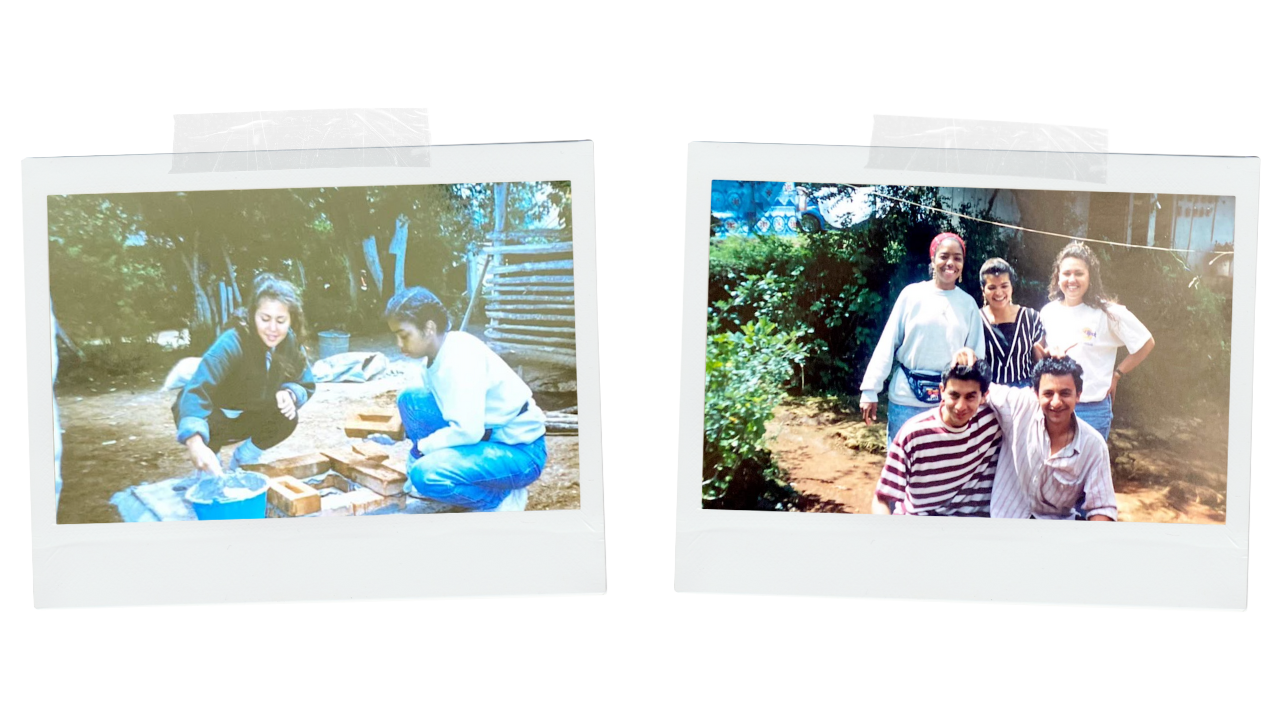 Deidre Pujols began her journey of service in 1994 when she participated in AMIGOS in Michoacán, México—an experience that planted a seed of service and purpose for decades to come.
Deidre Pujols began her journey of service in 1994 when she participated in AMIGOS in Michoacán, México—an experience that planted a seed of service and purpose for decades to come.
She is a driven philanthropist and dedicated entrepreneur with a passion for giving a voice to the voiceless and advocating for those in need. In 2005, the Pujols family established the Pujols Family Foundation to benefit people with Down Syndrome, as well as children and families living in impoverished conditions in the Dominican Republic.
In 2016, Deidre founded Open Gate International, which equips survivors of vulnerable life situations with vocational training and life skills. This training, along with job placement assistance, supports survivors and other vulnerable populations as they reintegrate into society.
Deidre has also been honored locally and nationally for her advocacy. She has been invited to the White House to discuss efforts to combat human trafficking. She was recognized by the United Nations Women for Peace Association (UNWFPA) with the Humanitarian Award in February 2019 for her family’s efforts to combat human trafficking through Strike Out Slavery. She was also invited to speak at the Vatican to share her endeavors of Open Gate International and Strike Out Slavery. Deidre continues to advocate for the needs of vulnerable populations locally and on a global scale.
Sara Nathan, AMIGOS President & CEO, recently interviewed Deidre Pujols (‘94), where they talked about the profound impact that experiences like AMIGOS can have on a lifetime. They delved into Deidre’s inspiring journey of philanthropic endeavors through her organizations, and reflected on the lessons that youth can gain by venturing outside their comfort zones and serve others.
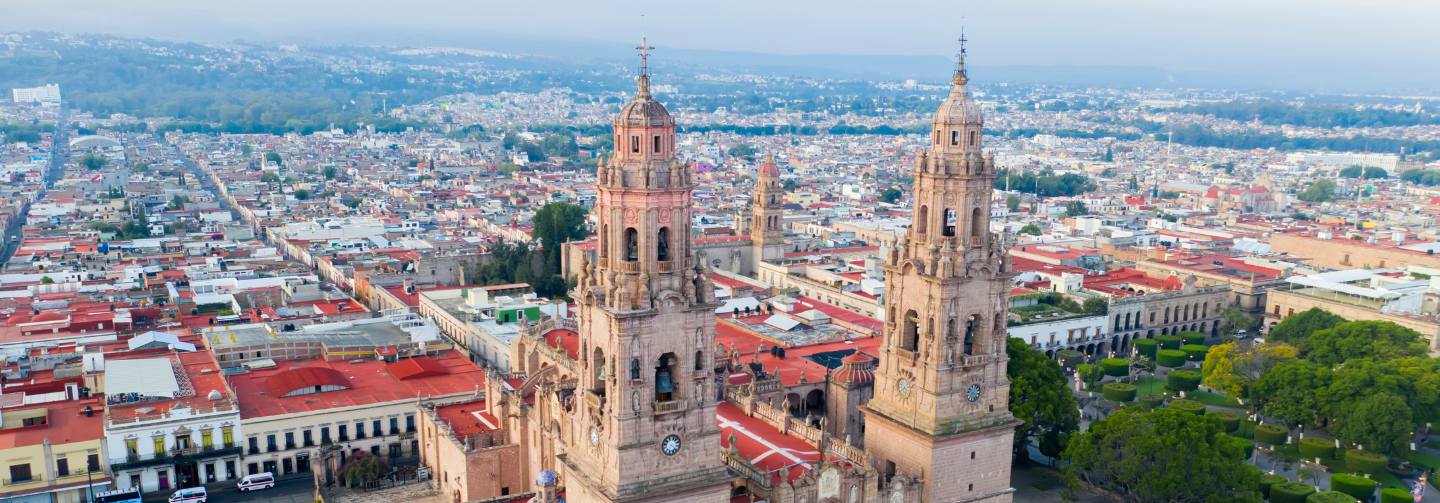
SARA NATHAN:
Deidre, it’s so wonderful to speak with you today. We are honored to share stories like yours with our AMIGOS community. Many alumni have gone out and really continued to live a life of service after their time volunteering with the organization. Thank you for being here with us and sharing your story!
DEIDRE PUJOLS:
It’s my pleasure to be back here with you guys after…so much time has passed! But still, such a lasting impact that that amazing AMIGOS experience had for me.
SARA NATHAN:
Wonderful. So, I know you joined AMIGOS in Kansas City, where we have had a chapter and continue to recruit students to this day. Do you remember how you first heard about AMIGOS?
DEIDRE PUJOLS:
Yes, so, I went to a Catholic high school there called Bishop Miege. Sister Mildred, who is no longer with us, was our teacher, and the program was somehow registered with our school. So, our school offered it—I think they might still offer it.
SARA NATHAN:
Oh, wonderful. And, what country did you travel to with AMIGOS?
DEIDRE PUJOLS:
I went to Michoacán, Mexico…I lived with a host family, on a ranch–style type of compound, I would say. Big farm lands, houses are very spread out, a very agricultural environment. I had one partner who I had previously stayed in touch with, then lost a long time of contact with…Then, I think she found me via social media, and we caught up, got to share about each other’s families, so it was neat to see our lives years later. But yes, I had one other partner, and we were there for I want to say 8 weeks of a summer.
SARA NATHAN:
Oh, that’s amazing. And, Deidre, thinking back on this experience, as a teen, what do you carry forward, what are the memories that stand out to you from your AMIGOS experience?
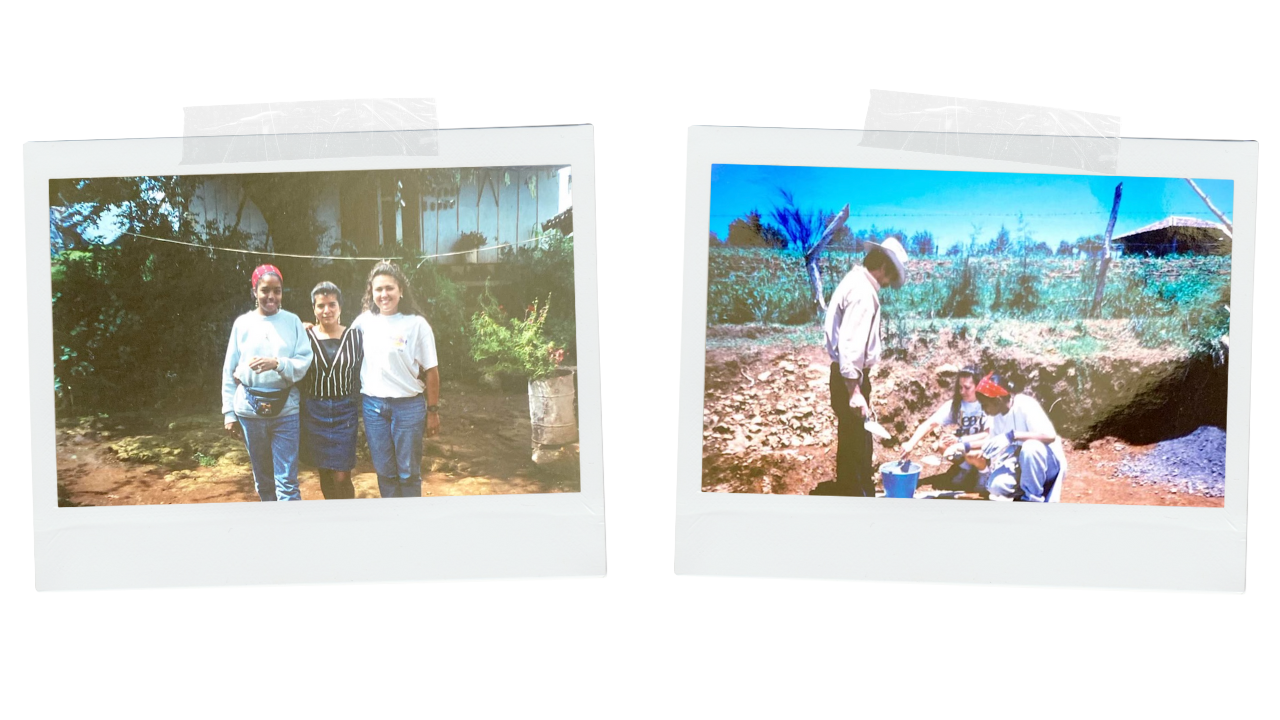
DEIDRE PUJOLS:
Oh, man. I think—so many. It was such a memorable point in my life.
I was a teenager, and like many of us, just trying to discover my own identity. I didn’t have very good, influential friends at the time. I kind of had both sides, you know, the more rebellious friends, and I had the really healthy friends. That trip was good for me to break away from my not so favorable influencers, and have a very humbling experience.
Living in—I wouldn’t say poverty—but very limited resources…you know, these people got up and made shucked corn every morning to make fresh tortillas for the day…everything they did was very organic, from scratch. I was not used to that, being an American, spoiled person, just always having my way. I got a big taste of humility at a very ego–centric time of a person’s life.
You know, oftentimes when we’re in those late teen years we feel invincible. But I think a lot of that comes from a place of insecurity. We don’t know who we are, and we’re trying to find our identity. So, it was a really great experience for me at that particular time of my life. There are so many things that I learned from that experience that I probably don’t even, you know—that I’m consciously aware of. I think I learned so much in a subconscious way, like how I see and view other cultures, because that was my first real taste of anything outside of Americans. Being able to be patient with other cultures, accepting of other cultures, realizing my way, or the Western way, isn’t the only way. I learned these kinds of things on this trip. And I don’t think I was able to appreciate, fully, the different things I was taught until you know, later stages throughout my life.
But AMIGOS is such a great, it was such a great experience all around. And, of course, there was the actual work that we did. We would teach hygiene, like the importance of keeping flies away, why to keep them away, why they shouldn’t be on your food. We built latrines, we built these big 6–feet holes in the ground, and the families would help and we would build these concrete platforms that would sit on top of the pole, and we’d make the toilet part where they would sit on. So, there was construction involved.
Also, the neat thing was the way it was set up. During my experience, there would be host families hosting us for different meals throughout the day. I remember at night…for dinner, a different family in the village would be responsible for feeding myself and the other girl who was with me. So, it was just such a different but such a vast experience all around—from meeting the people in the community, to learning their ways, to learning the language, having to take a shower out of a bucket. (Laughs).
Just so many different, really neat things that I hadn’t encountered. That was quite humbling and made me appreciate where I was in life.
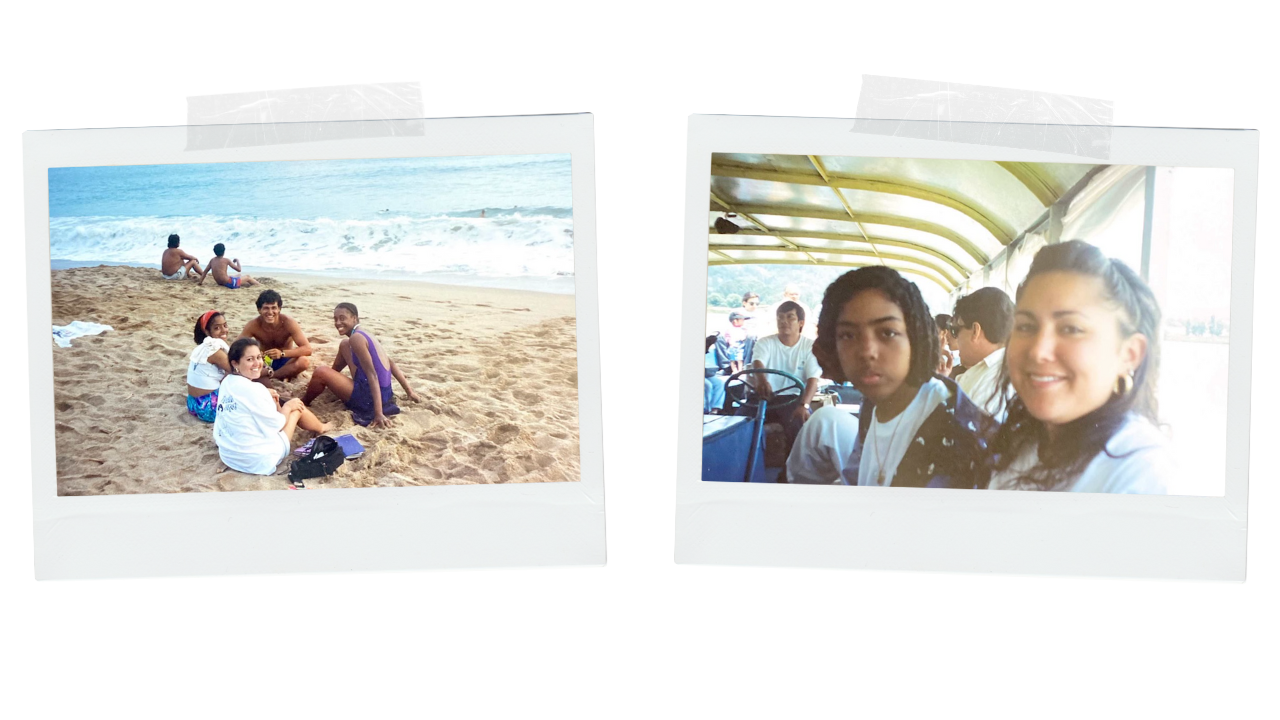 SARA NATHAN:
SARA NATHAN:
That’s amazing. And, thinking back on your time as a teen, you shared that AMIGOS came to you at this important time, maybe a time where you could have gone in different directions. Were there any other experiences that you had as a young person that also unlocked transformation like AMIGOS?
DEIDRE PUJOLS:
I think…I know AMIGOS isn’t a faith–based organization, but I would say my faith was in question. I think people are waking up every day not knowing who they are, they don’t know what they are for, they don’t feel on purpose. And I feel like one of the things that I was going through then was kind of in the crossroads of that.
I started tapping into more of a non–denominational faith and really reading my Bible, and trying to understand just who I was. Because, like I mentioned earlier, I had a group of not–so–favorable influencers and then I had people who were healthy in my life. I was trying to figure out what I stood for. Was I going to stand for rebelliousness and messing around with my life, and being careless—or was I going to go after a career path and be careful and live righteous?
So, to me, AMIGOS came along during my season of life where I was trying to…it was just a good time. Because that’s where I was very much questioning who I was, my purpose, and what my life’s mission was. Of any time I could have been sent to Earth, why this time, you know? How was I supposed to impact the world with my life now?
And these are really big, God–sized conversations, but at the same time, I think we really need to go back to our young people and make sure they understand—like, we see you, and we understand that you might not know fully who you are yet, and we want to let you know, we hear you and we support you.
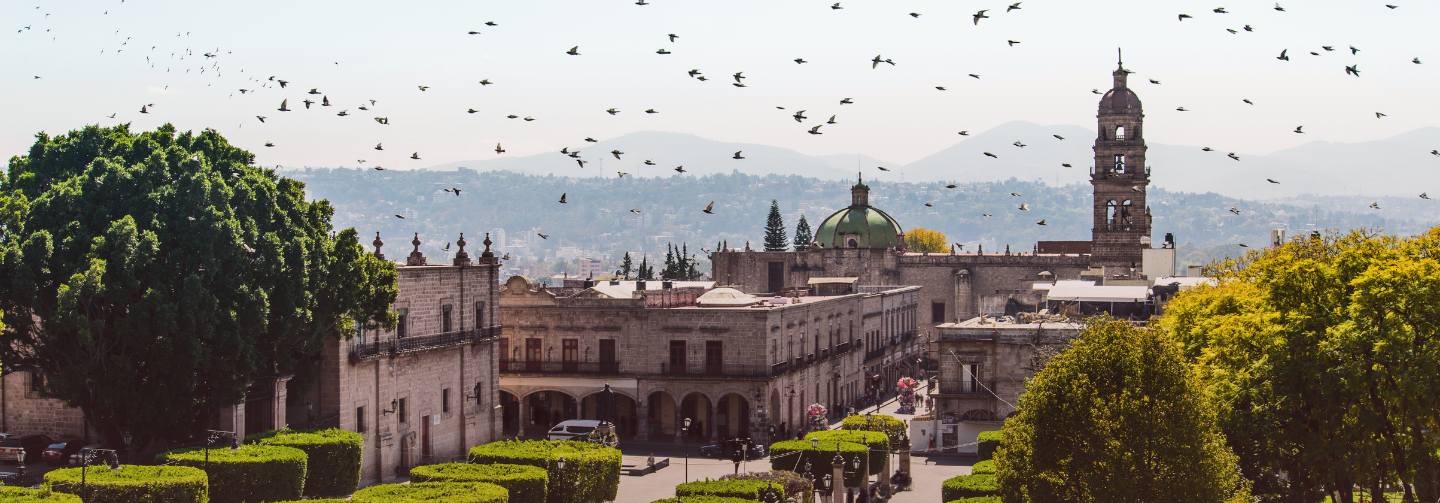
SARA NATHAN:
That really connects, Deidre, because at AMIGOS our purpose is really to—you know, our vision is a world where every person shares responsibility and ownership for our global community. So, seeing beyond yourself, and having that sort of awareness that people are people everywhere. We come from different backgrounds, we come from different means, resources, but— it’s about recognizing that shared humanity.
When we talked for the first time, I left that conversation so inspired by something you said, which was that, AMIGOS came to you at this time, and was part of the foundation of, really, setting you on this path of a life in service of others. You began that path at a very early age, and I would just love for you to share with our current volunteers and our alumni, just what started you on that path for yourself, and what were your earliest endeavors? I mean, you’ve been engaged in community work, philanthropy, for decades now.
DEIDRE PUJOLS:
Sure, well the good news is, for sure today I know who I am and what my purpose is. And, I think, I probably knew way back then, I just didn’t know how to discipline and steward it well.
But my purpose is to serve others, my passion is philanthropy. I mean, I definitely have a global call in my life, and that trip literally was the seed. And that, like I said, was the first international trip that I had taken, in a way of service. I wouldn’t say that I had all the answers when I got back and made everything right—but that was part of the seed that helped me get to those places of right–living.
I ended up getting pregnant when I was 20 and I was a single person, getting ready to head into motherhood with no education past high school, barely a career. I had no insurance—I had nothing. I literally was at rock bottom, but I was now expecting a little human. And that moment for me, was really what put me in a place of pure, one hundred percent surrender to God and my relationship with him. And that’s when I started, really, just falling in love with the Lord and growing in my faith and growing in my purpose. Then I ended up having a daughter with Down Syndrome, so she has been a huge part of my impact with the community, our organization, and different things like that. Shortly after she was born, I met Albert, who became her dad. He was a baseball player and we started doing life together. He happened to be from the Dominican Republic, and that would be part two of my international journeys.
And so, I remember for a couple of years, we’d go to the Dominican Republic and we would visit. But it wasn’t until, I would say like the third, fourth year after becoming successful in Major League Baseball, I was driving down one of the highways in the Dominican Republic and I remember looking out into like these slums–kind of communities and just something in my mind was like, oh my gosh. I have to do something about this. And so, that was the seed moment for me in the Dominican Republic where we ended up starting the foundation, our first organization. One part of it had to do with Down Syndrome and the other part had to do with impoverished communities in the Dominican Republic.
So, for years, I went to the Dominican Republic serving, really, in the same capacity as we had done with AMIGOS. It was finding a community, learning their needs, working on meeting those needs. It started out with doctors and dentists, then it became where we delivered beds, because people would sleep on floors. Then it became things that had to do with food, beauty, and education and we actually sent a whole team in there to do different kinds of statistics with the community. And, it literally has transformed, since 2005, one particular village, but several have been impacted by our work. So, that was a huge part of my adult life, working in the D.R. and working with impoverished communities in, like I said, a similar capacity as I did with AMIGOS.
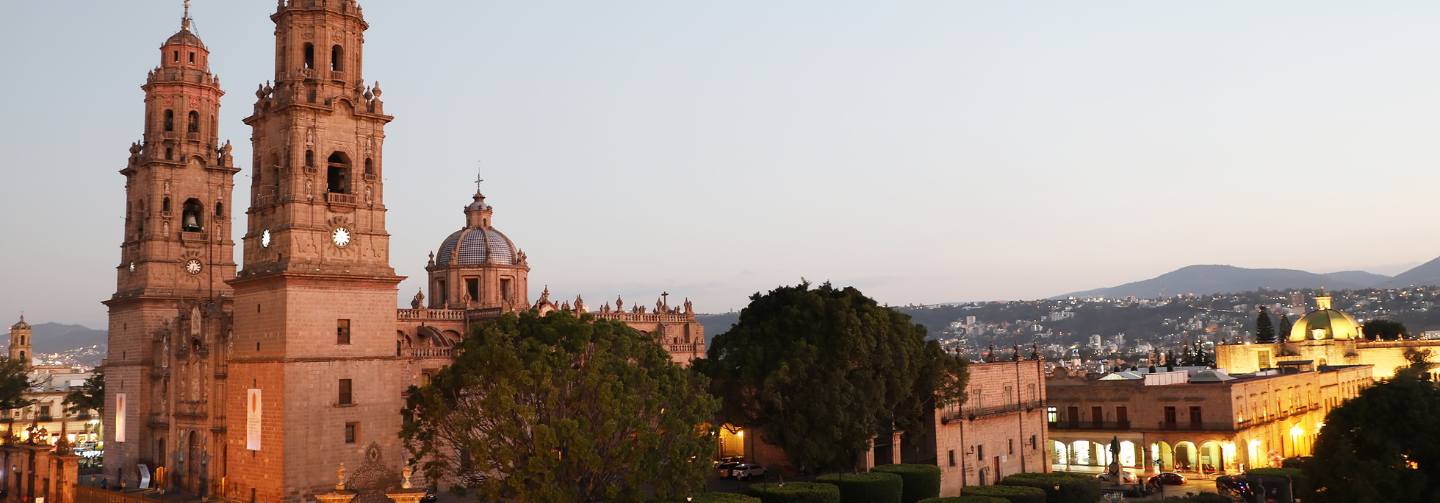
And in 2016, I started another organization called Open Gate International, which is current, and my focus there is on human trafficking. So, I traveled all over the world and I started to learn the issues about human trafficking and the dangers, and met organizations and ministries just doing some of the most amazing work. When I came back from studying all of that, I decided I had to do something about that too.
And so, I started the organization and we focused on job training and employing people. We started a culinary program that was geared towards vulnerable populations of people. So, Open Gate is an acronym. OPEN stands for who we serve: which is the Oppressed, Powerless, Endangered, and Neglected populations. And then GATE stands for a Global Alternative of Training and Employment.
So, that’s what we do, we help train people in the culinary arts, and we help them find employment in their communities. So, we were doing that pre–COVID, with all kinds of people—it didn’t end up just being human trafficking survivors—we ended up helping veterans, foster care youth who were aging out, we were helping people who were formerly incarcerated. Just people who needed training to be able to get in on a job path. Post–COVID, there was just this lack of students, restaurants were closed, it got very tough. But we ended up transitioning into the juvenile hall.
So, for two years now, we’ve been working with adults, male and female, from the ages of like 16 to 25, training them in the culinary arts. And then when they get released from juvenile hall, we help them get into employment. So, that’s what I’m doing currently, and because of Open Gate and all of the international experience that I had, I was able to open up kitchens in India, in Cambodia, in Mexico, and in Eastern Europe in Moldova.
We have also opened up child welfare—an incredible, mind–blowing child welfare—we have taught probably over 5,000 professionals in the state of Moldova and put some of the first EMDR therapists there. We’ve done some incredible work impacting the orphan and foster care families, the youth, the government…So, that has been an amazing part of Open Gate International’s work in Eastern Europe.
But, like I said, I mean, all these things bloomed from the seed that was planted when I went on my missions in Mexico. I mean, I told you —I found a box of hundreds of pictures that I had taken on that trip. And it just—memories started flooding back in. And, it wasn’t even… I couldn’t fully appreciate what that AMIGOS trip would do for me 20 years down the road. I had no idea. You know, but in the big picture of things, that really was where it started for me.
And I realized how much I loved it. I was made for that very work. I did not know it at that time, but that’s why it made such a lasting impact in my life.
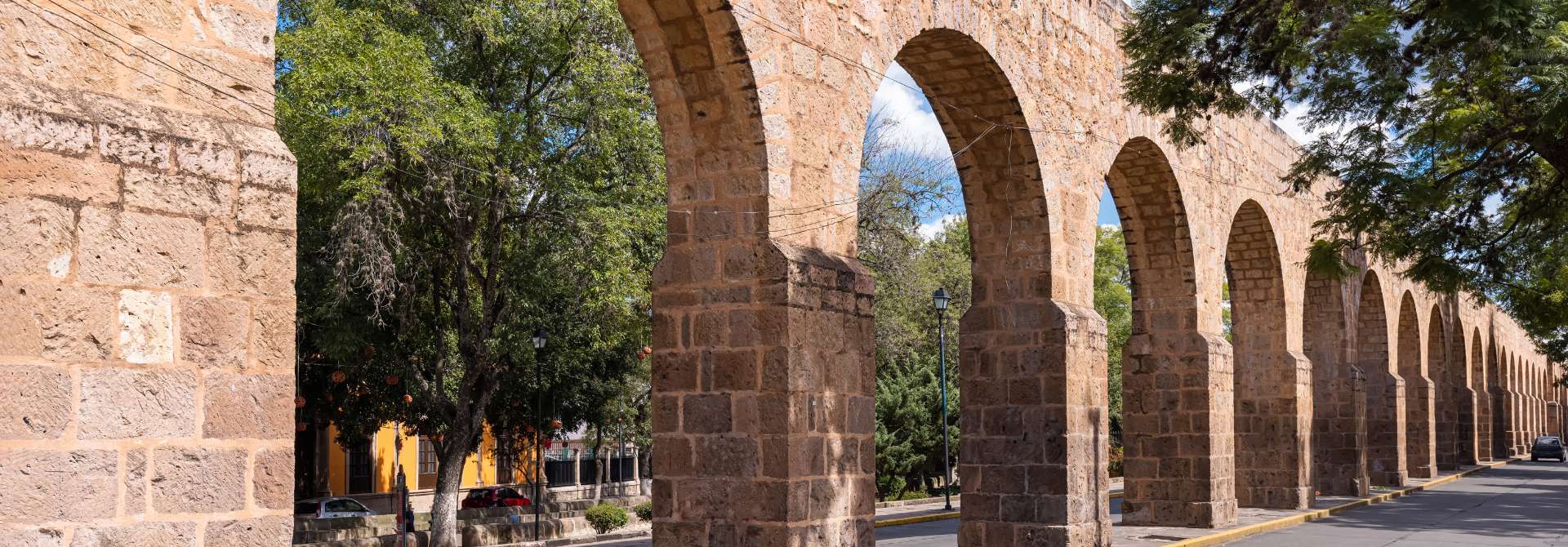
And, for people who might listen to this—young people in particular, who might not know what path they should go on…First of all, I want to say that is okay. A lot of us have had parents—my parents tried to send me to Kansas State University—and I just did not want to go. But they made me go, then they ended up making me pay for it. (Laughs) But I flunked out of college really quickly, it just wasn’t for me. I always say if I did it again, I would have gone to culinary school. But I wouldn’t redo my life over, it’s okay, it turned out good! But I think for young people they need to know, it’s okay. It’s all right.
I would rather you not waste your parents’ $20,000 or more messing around in school and go take that $20,000 and do an AMIGOS trip! Have an AMIGOS experience. Do a ministry trip, a missionary trip, do something outside of your element, get out of your comfort zone, and go to where you can serve somebody else.
I think, at the end of the day, one of the greatest gifts that Amigos de las Américas gives people, is the opportunity to take the spotlight off of ourselves, and to use our gifts and our talents—and the things that we don’t even know about each other, Sara. There were things about me that I didn’t know I had in me until it was needed in a place like Michoacán, Mexico.
And so, these are the things that are so incredibly rich about this organization and these opportunities. It gives us a chance to discover some of the things about us we didn’t even know we could do or we had we had in our possession. And so, that could be something as simple as kindness, and compassion, empathy, language…just all of these things that I feel like people take for granted or they don’t fully understand the value of.
That is what this organization did for me and I would not have understood that as a young person. But for any of the young people that might be listening, that is what I know this organization can do for you.
And parents who might be listening who are like, man, I have a kid and they just don’t know what—You know, I have teenagers and adult children, and everyone is different. There is no one right model for one right person. Eight billion of us on the planet and there’s eight billion plans for each of our lives. God is a master orchestrator, and each of us are on purpose, we’re on time, and we are intentional.
This organization, to me, gives people an opportunity to highlight the great things that God put us here on Earth to do. I’m really passionate about it. I think, not enough people understand the value—we get so caught up in the mundaneness of our lives, the busyness of our schedules, and we don’t take time to breathe and really ask ourselves, who am I? You know, what is my authentic self? What can I do for the world? Let alone your household, what can I do for my community, my parents, my kids, my neighbors?
So, that’s my—that’s me just talking with lots of passion…(Laughs.)
Not to just blow smoke, I mean I really really believe the things I’m championing about this organization.
SARA NATHAN:
Oh, Deidre. Incredible. I just love hearing your story and where you’ve been, and all of your endeavors. And your reflections on how an AMIGOS experience can really carry forward…I mean, throughout a lifetime.
And you’re a mother, you have five children, and you see how busy everyone is. I mean, high school students today have so much going on…
What would you say to one of your children’s friends or others about, why to pause? Why take the leap and get out of your current reality and go do something like AMIGOS?
DEIDRE PUJOLS:
Well, I would say, so this is coming from a parent who has an 18–year–old senior daughter, who just got an incredible full–ride scholarship for gymnastics, I’m very proud.
But just two weeks ago, I’m—having to call her out of school because she’s in tears about an essay that she wasn’t happy with turning in, she needed more time. And, I’m having to coach her through what to do, she ends up falling apart at school, and—she goes to a great school and they’re very compassionate. The teacher extended her essay turn–in time and the staff were very compassionate towards her when she left school early, very upset and distraught…
So, I understand that question. You know, I understand the significance of the pressures of our daily grind. I think we need to be careful not to get caught up in our systems that we’re following. We’re making the systems the Lord of our lives, instead of the Lord himself, and the plan he has for us. I appreciate our systems; it is what has helped us have a prospering nation. It helps us function properly in the community, so that’s necessary. But I will say that, we cannot get so caught up that we forget—like, hey! At the end of the day, telling my daughter for instance, I love you babe! No matter what. How can I help you? It’s all right. This is not the end of the world, you know.
My daughter has come to be such a perfectionist, she’s an athlete, she was putting so much pressure on herself and I’m like, hey, it’s okay. She turned in her essay, and I’m sure she got an A on it. But it’s—it’s some of those things where we’re not going to grow in our places of comfort.
My daughter was growing in that place of discomfort and same with a lot of teenagers. You have to get out of your comfort zones if you’re going to grow.
Going to a third world country, or perhaps Mexico, or communities that have greater needs—and having to take showers out of a bucket and…you know, all these different things that might occur in your experience—it’s necessary for your edification, for your growing, for you to be able to, one, appreciate where you come from and the nation that we have that is so prosperous, but two, also to appreciate and learn how to help people who don’t have what you have.
Like I said, I mean it’s not a comfortable situation sleeping in a cabin, or that’s what my experience was, I don’t know what it is for everybody. But you know, I was sleeping in a cabin in a bed next to somebody in my sleeping bag, as tight as it closed because I was afraid of spiders crawling on me. (Laughs)
But there was appreciation in that, there was growth in that. I might have thought that was the end of the world in that moment, but it wasn’t. And I grew so much…
SARA NATHAN:
It was the beginning.
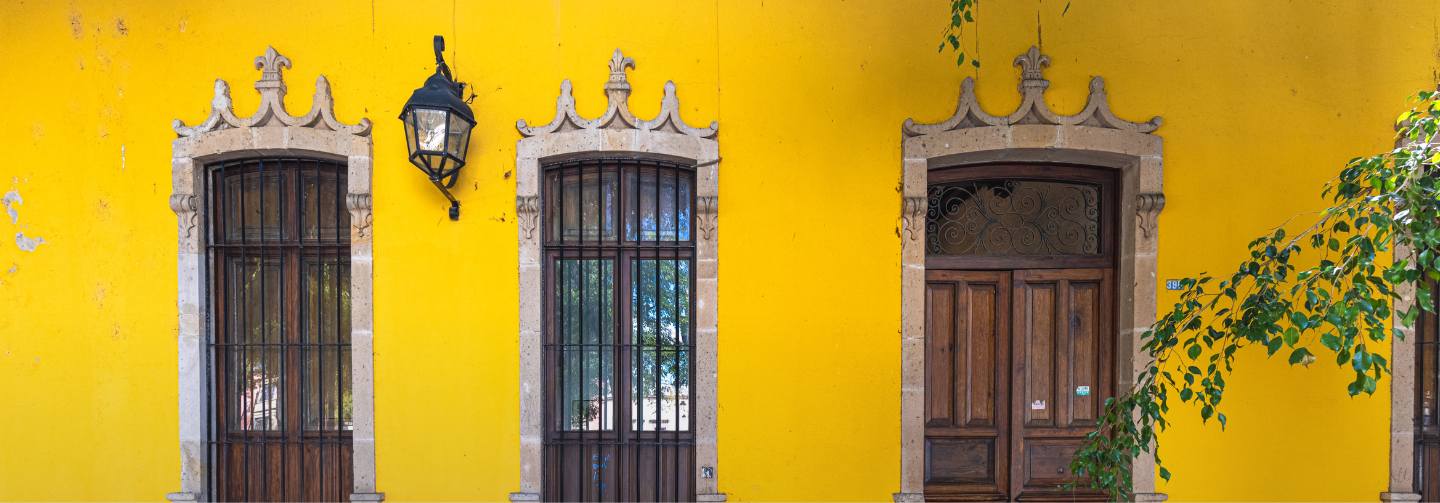
DEIDRE PUJOLS:
Oh, for young people I just say like, it’s such an experience all the way around. It can’t go wrong if you do the right thing, and you do it the way that the AMIGOS system is set up as far as programming, and curriculum, and things like that.
Because you’re serving someone else. You can’t go wrong when you do that. There’s going to be fruit at some level when you’re serving other people, and you’re allowing people to experience your gifts, and your talents, and the goodness about who you are.
So that would be my encouragement, you know.
SARA NATHAN:
Wonderful. Well, Deidre, thank you so much for sharing your story, for being here, and for connecting back to AMIGOS.
We have some 31,000 alumni, not only from the United States, but also from other countries in the Americas, and others who participated from different countries around the globe. And, it’s amazing to just see people like you who’ve carried forward that seed and gone out and continued to do critical work, and I do hope that you’ll stay connected to AMIGOS. We’re excited to be back after this period of time following the pandemic. We had a brief pause in our programming for a year, but I’m really excited to see this next generation of students coming through to volunteer.
But really, just thank you for taking the time for sharing your story with us, and lifting up our mission with your voice. Thank you.
DEIDRE PUJOLS:
Absolutely. My pleasure. I’d be happy to send along some photos of my experience for anyone to see! Thank you guys so much.
Amigos de las Américas has been making an impact on young people’s lives for more than 60 years.
Learn more about our story and impact here
About Open Gate International and Deidre Pujols

